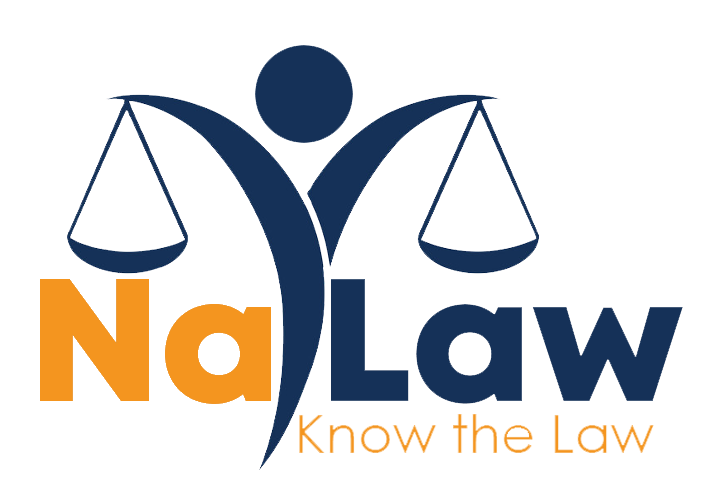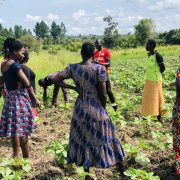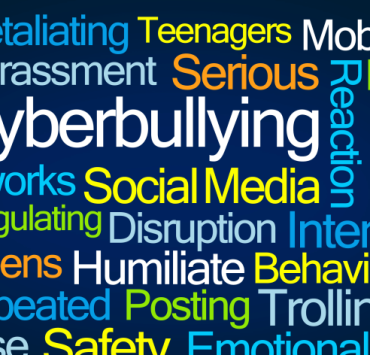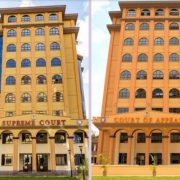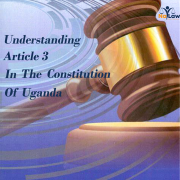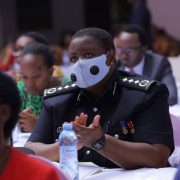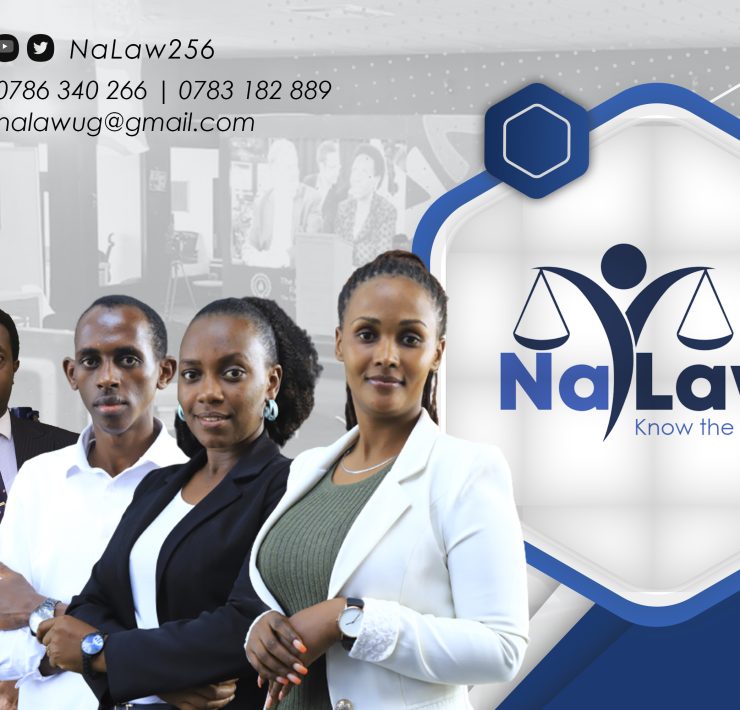Know Your Rights in Uganda: A Youth’s Guide
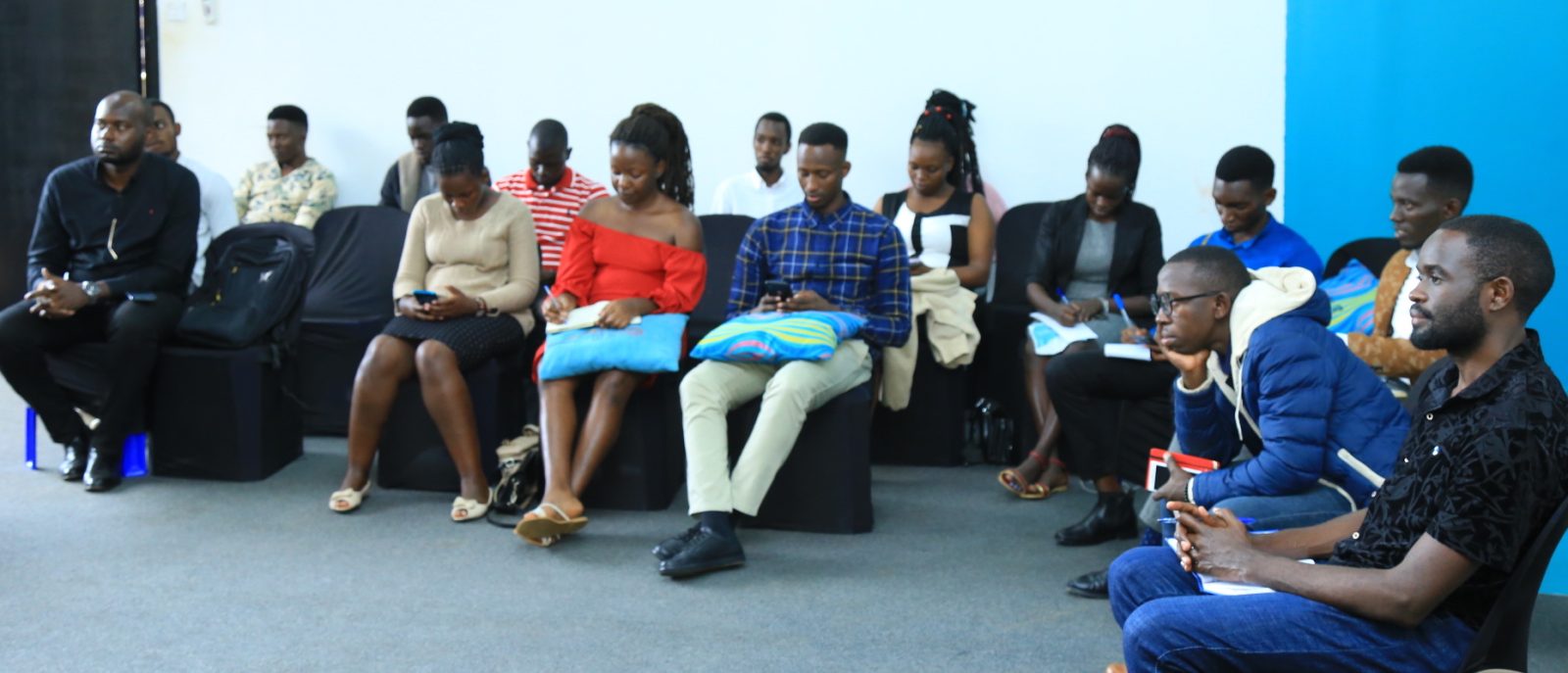
By Kevin Kasoma
In Uganda, as in many countries, young people often find themselves at the intersection of curiosity, exploration, and the law. Understanding your rights is crucial for navigating this delicate balance. This guide is tailored to Ugandan youth, providing you with insights into your fundamental rights and responsibilities as defined by the Ugandan Constitution. We will explore key aspects of the law, recent amendments, and real-life scenarios to help you safeguard your rights and avoid legal trouble.
The Ugandan Constitution: Your Legal Compass
The Ugandan Constitution is the supreme law of the land and serves as a compass for understanding your rights. The most recent amendment, as of my last knowledge update in September 2021, was the removal of the age limit for presidential candidates in 2017. It’s essential to stay informed about any subsequent amendments, as the Constitution can evolve over time.
Freedom of Expression: Speak Your Mind
One of the cornerstones of any democratic society is the freedom of expression. In Uganda, Article 29 of the Constitution safeguards this right. It states that every person has the right to freedom of speech and expression, which includes freedom of the press and other media.
– Case Scenario: Imagine you want to express your opinions about a recent government decision on social media. As a Ugandan youth, you have the right to do so as long as your expression does not promote violence or hate speech. However, always be respectful and responsible in your communication.
Privacy: Your Personal Space
Privacy is another fundamental right protected under the Constitution. Article 27 ensures that every person has the right to privacy of their home, correspondence, communication, and other property.
– Case Scenario: Suppose you’re staying in a university hostel, and the administration decides to search your room without your consent. This would likely be a violation of your right to privacy unless there are legal grounds such as a search warrant. Knowing your rights in such situations can help you assert your privacy.
Right to a Fair Trial: Presumption of Innocence
Article 28 of the Constitution guarantees the right to a fair and speedy trial. It includes the principle that every person is presumed innocent until proven guilty in a competent court of law. This right is essential if you ever find yourself in a legal predicament.
– Case Scenario: You are wrongly accused of stealing a classmate’s phone. You have the right to a fair trial, legal representation, and to be treated with dignity throughout the legal process. This principle ensures that justice is served.
Freedom of Assembly and Association: The Power of Unity
Ugandan youth have a significant role in shaping their society, and the Constitution recognises this. Article 29(1)(d) guarantees the right to freedom of assembly and association, which means you can participate in peaceful gatherings and join organisations of your choice.
– Case Scenario: You and your friends decide to organise a peaceful protest to advocate for better education resources at your school. As long as the protest remains nonviolent and doesn’t disrupt public order, you have the right to assemble and express your concerns.
Protecting Yourself from Altercations with the Law
While knowing your rights is crucial, it’s equally important to avoid unnecessary confrontations with the law. Here are some practical tips to help you stay on the right side of it:
- Stay Informed: Regularly update yourself on changes in the law by following news outlets, government websites, and legal organisations. This way, you can adapt your behaviour to any legal amendments.
- Respect Authority: Always be respectful when dealing with law enforcement officers. Follow their instructions, and if you believe your rights are being violated, calmly assert your rights without escalating the situation.
- Keep Records: If you ever encounter legal issues, document everything. This includes taking notes of conversations, collecting evidence, and recording dates and times. Such records can be invaluable in legal proceedings.
- Legal Representation: If you find yourself in a legal predicament, seek legal representation immediately. A qualified lawyer can provide guidance and ensure your rights are protected.
- Report Abuses: If you witness or experience a violation of your rights, report it to the relevant authorities or organisations. They can investigate and take appropriate action.
Freedom of the Press: A Pillar of Democracy
In a world driven by information and communication, the media plays a pivotal role in keeping society informed. Ugandan youth have a vital interest in this aspect of the Constitution. Article 29(1)(a) of the Constitution guarantees the freedom of the press, ensuring that the media can operate independently and provide citizens with diverse viewpoints.
– Case Scenario: You decide to become a journalist or content creator, and you uncover a story that exposes corruption in a government office. Understanding the freedom of the press means you can investigate, report, and share this information without fear of censorship or retribution.
Economic Rights: Pursuing Your Ambitions
The Ugandan Constitution also recognises the importance of economic rights for all citizens. Article 40 guarantees the right to property and protection from deprivation of property without prompt and fair compensation. This right enables you to pursue your economic aspirations and build a secure future.
– Case Scenario: You decide to start a small business while in university, selling handmade crafts. Your right to property ensures that your business assets are protected, and the government cannot seize them without proper compensation.
Equal Protection Under the Law: No Discrimination Allowed
Article 21 of the Constitution stipulates that all persons are equal before and under the law. It prohibits discrimination on various grounds, including race, sex, religion, and political opinion. This principle ensures that every Ugandan youth is entitled to the same legal protections and opportunities.
– Case Scenario: You face discrimination at your workplace based on your gender. Understanding your right to equal protection under the law empowers you to challenge discriminatory practices and seek legal remedies if necessary.
Safeguarding Your Rights: Real-Life Tips
While knowing your rights is essential, it’s equally crucial to safeguard them in your everyday life:
- Education: Educate yourself and your peers about these rights. Knowledge is the first line of defense against potential violations.
- Community Engagement: Join youth organisations or community groups focused on legal awareness and advocacy. Strength in numbers can help address systemic issues.
- Legal Aid Services: Familiarise yourself with local legal aid services and organisations that offer assistance to those who cannot afford legal representation.
- Stay Calm: In any encounter with law enforcement, remain calm and respectful. Your demeanour can influence the outcome of the situation.
- Seek Legal Advice: If you ever find yourself in a legal predicament, seek legal advice promptly. Consulting with a lawyer can help you understand your options and rights.
Conclusion: Empowered Youth, Strong Uganda
In Uganda, the youth are a vibrant force with the potential to shape the nation’s future. Understanding your rights and responsibilities as a young Ugandan is not just a matter of personal empowerment; it’s a key factor in the development and progress of the entire country.
As you navigate the complexities of life, remember that the Constitution is a living document that safeguards your rights and freedoms. It evolves with the times and reflects the aspirations of the people. Keep yourself informed about any changes or amendments, and be an active participant in the democratic processes that impact your rights.
In the words of Nelson Mandela, “Education is the most powerful weapon which you can use to change the world.” Armed with knowledge about your rights and responsibilities, you have the power to make informed choices, advocate for change, and contribute to a stronger, more
just Uganda. Your rights matter, and by exercising them responsibly, you can help create a brighter future for yourself and your nation.
